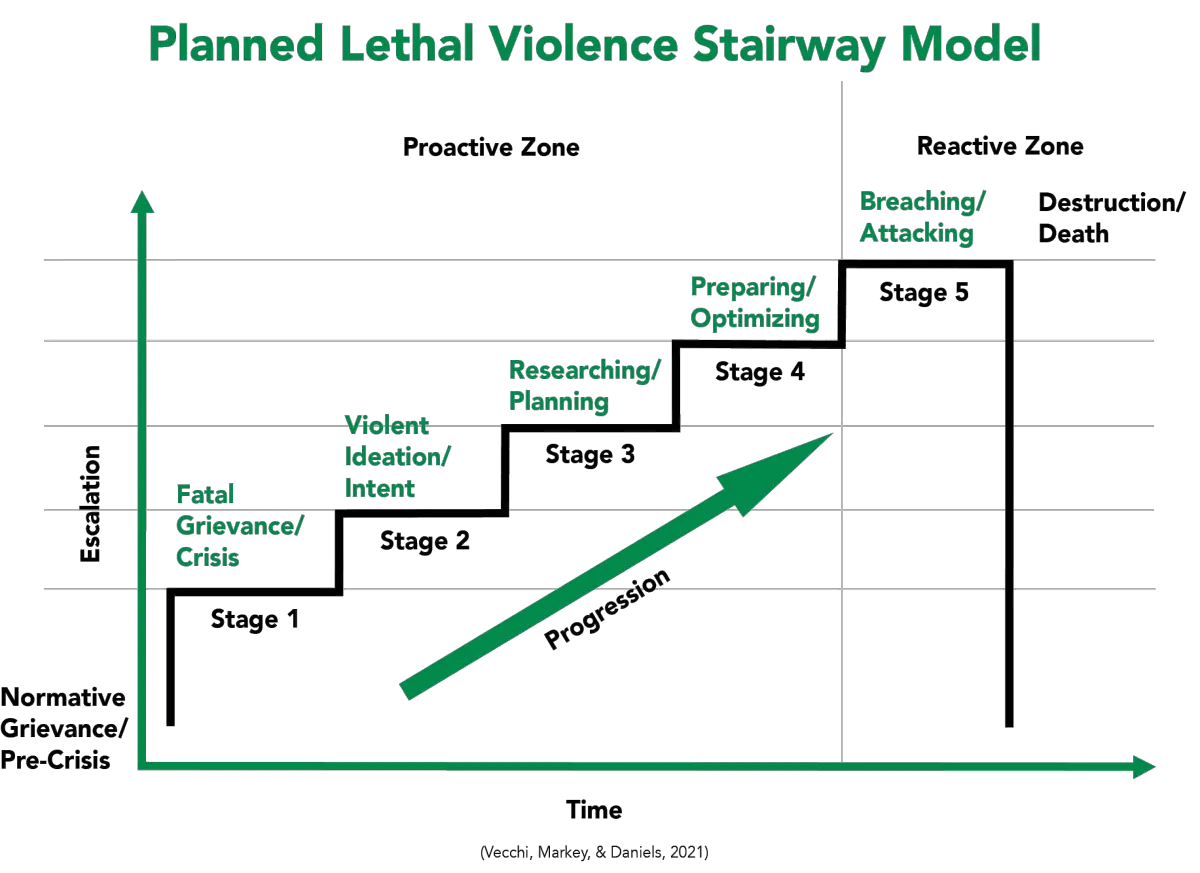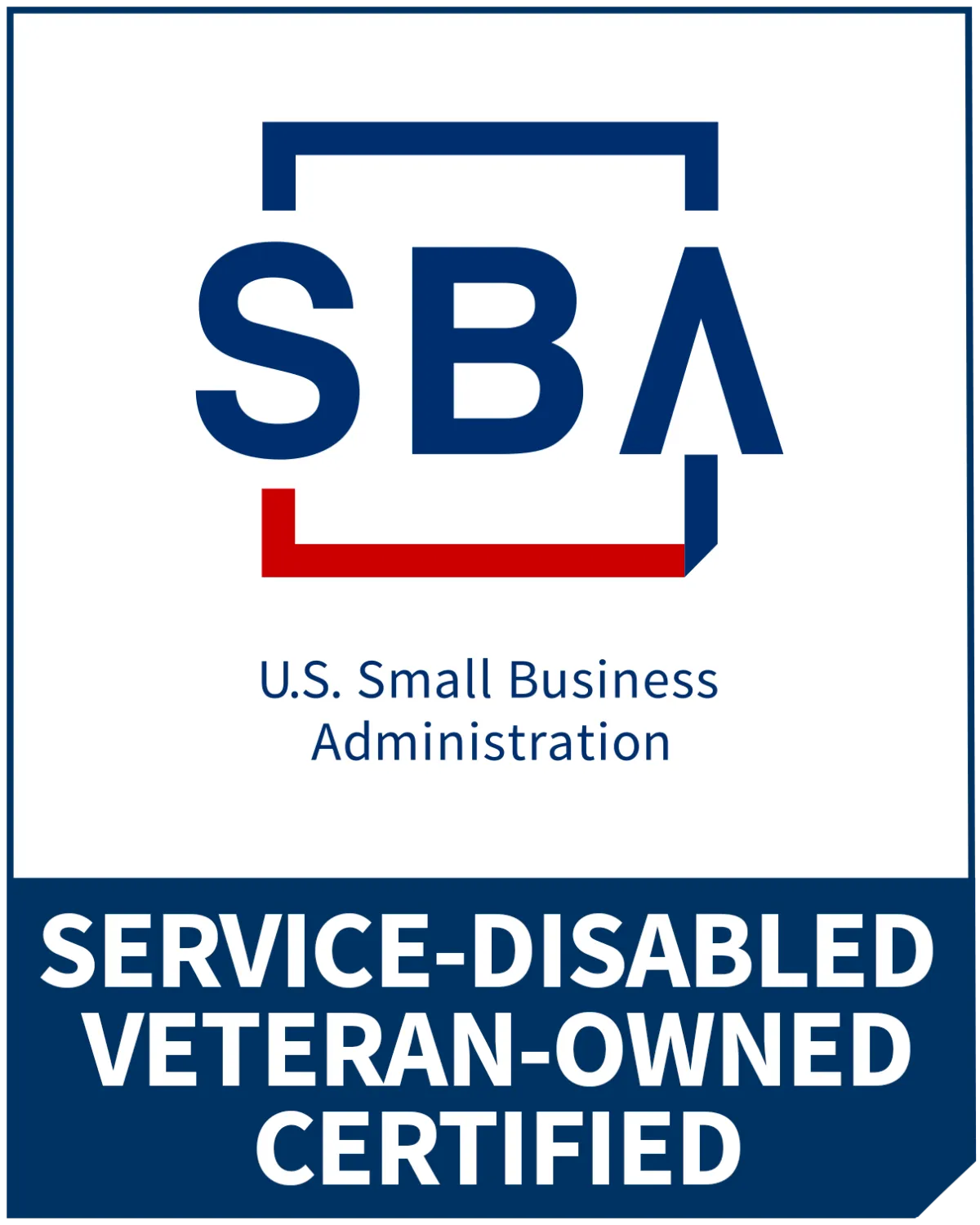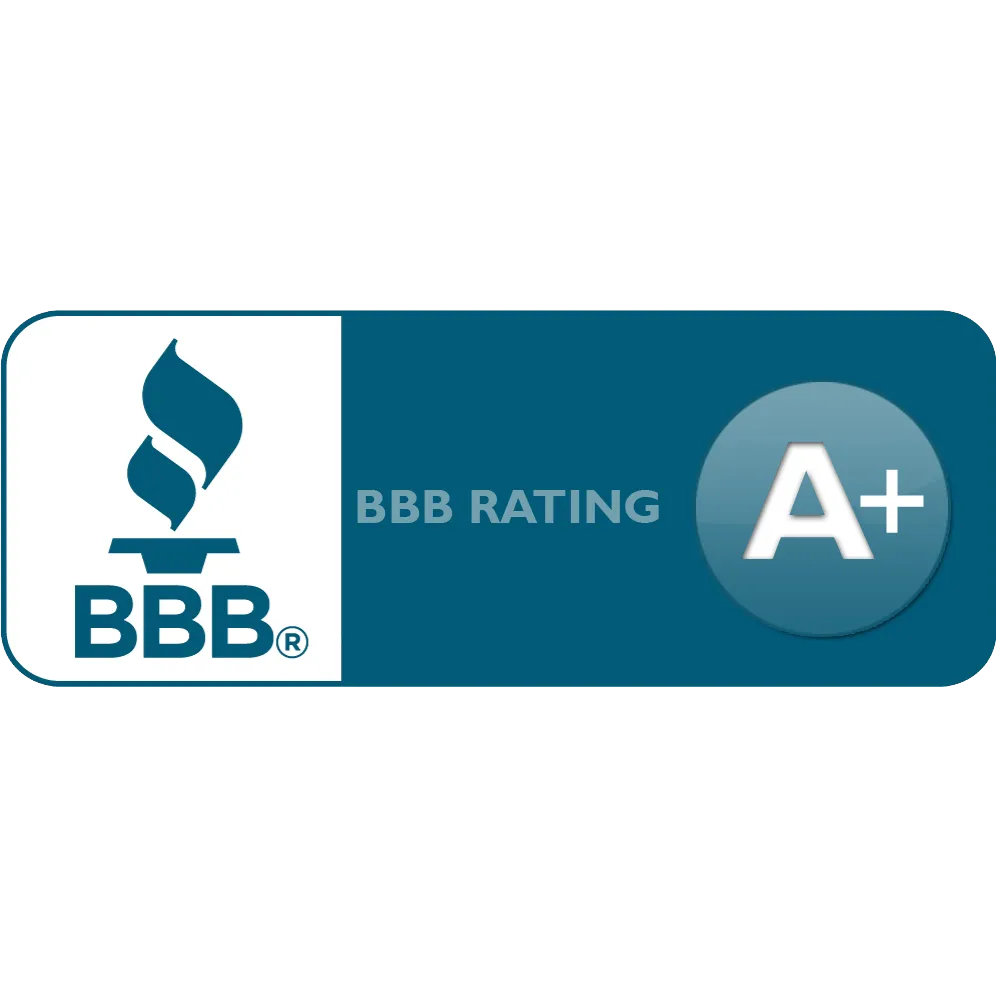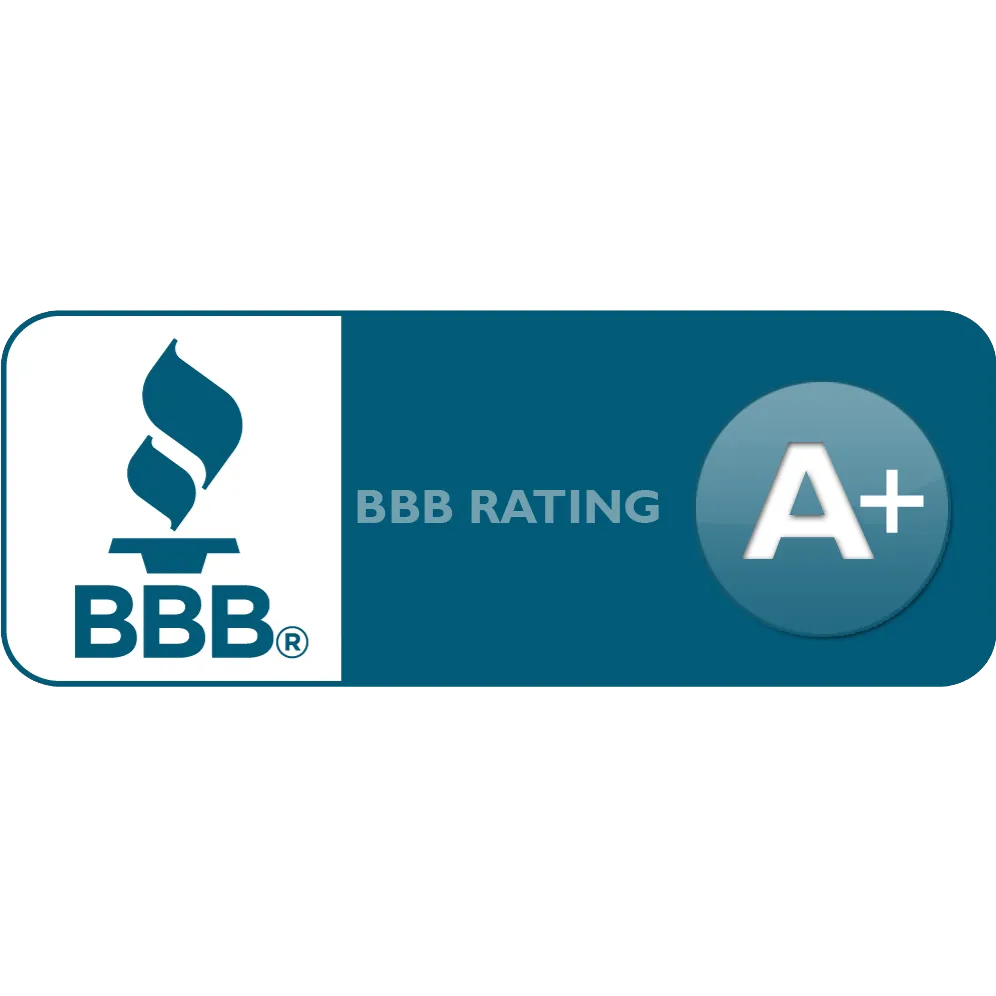VGI Behavioral Threat Assessment
Certification Course
VGI Behavioral
Threat Assessment Certification Course

This certification course consists of 16 contact hours of instruction in behavioral threat assessment methods for identifying, preventing, and mitigating planned lethal violence in the workplace and educational settings. It equips the participant with the knowledge and skills to identify, classify, and engage individuals who pose a threat. Emphasis is placed on assessing if a person of concern is on the pathway to violence and classifying the level of threat to determine appropriate interventions while avoiding false positives and false negatives. This course also covers behavioral threat assessment team structure and investigative procedures, including interviewing, evidence collection, and writing safety plans.
Upon completion of the course instruction, the participant must pass a written test and have conducted five behavioral threat assessments before being certified.
WHO SHOULD TAKE THIS COURSE?
This course is ideal for educators, administrators, workplace leaders, law enforcement, security, and mental health professionals, or others designated as behavioral threat assessors.
PREREQUISITES
· VGI Behavioral Threat Detection and Reporting Certificate Course.
LEARNING OBJECTIVES
· Define key concepts of behavioral threat assessment, including targeted violence and the pathway to violence.
· Identify behavioral indicators of individuals who may pose a threat of planned lethal violence.
· Classify threats based on proximal and distal factors to determine appropriate intervention engagements.
· Apply structured threat assessment methodologies to evaluate individuals of concern.
· Differentiate between temporary and substantive threats to guide intervention strategies.
· Develop protocols for threat triage, escalation, and case management.
· Utilize forecasting methods to determine whether an individual is progressing toward violence.
· Understand behavioral threat assessment team structure.
· Describe the responsibilities of team members in assessing and evaluating threats.
· Develop internal procedures for information sharing and case management in compliance with legal and ethical requirements.
· Conduct investigative procedures to assess a potential threat, including interviews and evidence collection.
· Document findings and write comprehensive safety plans to protect individuals and the organization.
· Recommend appropriate interventions based on the threat level assessed.
· Coordinate with law enforcement, mental health professionals, and organizational leadership to enhance safety measures.
· Demonstrate proficiency in behavioral threat assessment through case study analysis and practical exercises.
These objectives ensure that participants gain the essential knowledge and skills to effectively assess and manage threats of violence, enhance safety in organizational settings, and avoid false negatives and positives.
KEY TOPICS
· Targeted/planned lethal violence
· Offender motivation and behavior
· Pathway to violence
· Direct and sequential behaviors
· Proximal and distal behaviors
· Threat enhancers and mitigators
· Threat identification, classification, and engagement
· Threat triage, escalation, and management
· Behavioral threat assessment team structure and responsibilities
· Investigative procedures, interviewing, and evidence collection
· Interventions, report writing, and safety plans
· Avoiding false positives and negatives
· Case studies and scenario-based exercises

This certification course consists of 16 contact hours of instruction in behavioral threat assessment methods for identifying, preventing, and mitigating planned lethal violence in the workplace and educational settings. It equips the participant with the knowledge and skills to identify, classify, and engage individuals who pose a threat. Emphasis is placed on assessing if a person of concern is on the pathway to violence and classifying the level of threat to determine appropriate interventions while avoiding false positives and false negatives. This course also covers behavioral threat assessment team structure and investigative procedures, including interviewing, evidence collection, and writing safety plans.
Upon completion of the course instruction, the participant must pass a written test and have conducted five behavioral threat assessments before being certified.
WHO SHOULD TAKE THIS COURSE?
This course is ideal for educators, administrators, workplace leaders, law enforcement, security, and mental health professionals, or others designated as behavioral threat assessors.
PREREQUISITES
· VGI Behavioral Threat Detection and Reporting Certificate Course.
LEARNING OBJECTIVES
· Define key concepts of behavioral threat assessment, including targeted violence and the pathway to violence.
· Identify behavioral indicators of individuals who may pose a threat of planned lethal violence.
· Classify threats based on proximal and distal factors to determine appropriate intervention engagements.
· Apply structured threat assessment methodologies to evaluate individuals of concern.
· Differentiate between temporary and substantive threats to guide intervention strategies.
· Develop protocols for threat triage, escalation, and case management.
· Utilize forecasting methods to determine whether an individual is progressing toward violence.
· Understand behavioral threat assessment team structure.
· Describe the responsibilities of team members in assessing and evaluating threats.
· Develop internal procedures for information sharing and case management in compliance with legal and ethical requirements.
· Conduct investigative procedures to assess a potential threat, including interviews and evidence collection.
· Document findings and write comprehensive safety plans to protect individuals and the organization.
· Recommend appropriate interventions based on the threat level assessed. · Coordinate with law enforcement, mental health professionals, and organizational leadership to enhance safety measures.
· Demonstrate proficiency in behavioral threat assessment through case study analysis and practical exercises.
These objectives ensure that participants gain the essential knowledge and skills to effectively assess and manage threats of violence, enhance safety in organizational settings, and avoid false negatives and positives.
KEY TOPICS
· Targeted/planned lethal violence
· Offender motivation and behavior
· Pathway to violence
· Direct and sequential behaviors
· Proximal and distal behaviors
· Threat enhancers and mitigators
· Threat identification, classification, and engagement
· Threat triage, escalation, and management
· Investigative procedures, interviewing, and evidence collection
· Behavioral threat assessment team structure and responsibilities
· Interventions, report writing, and safety plans
· Avoiding false positives and negatives
· Case studies and scenario-based exercises
Packages
Package 1
$1,000 per Person
VGI Behavioral Threat Assessment Certification Course
In-Person or Live Zoom Course (discounts for multiple students)
Certification Upon Completion
Package 2
Call for Price
VGI Behavioral Threat Assessment Certification Course
Customized Course
Certification Upon Completion
Packages
Package 1
$1,000 per Person
VGI Behavioral Threat Assessment Certification Course
In-Person or Live Zoom Course
(discounts for multiple students)
Certification Upon Completion
Package 2
Call for Price
VGI Behavioral Threat Assessment Certification Course
Customized Course
Certification Upon Completion



